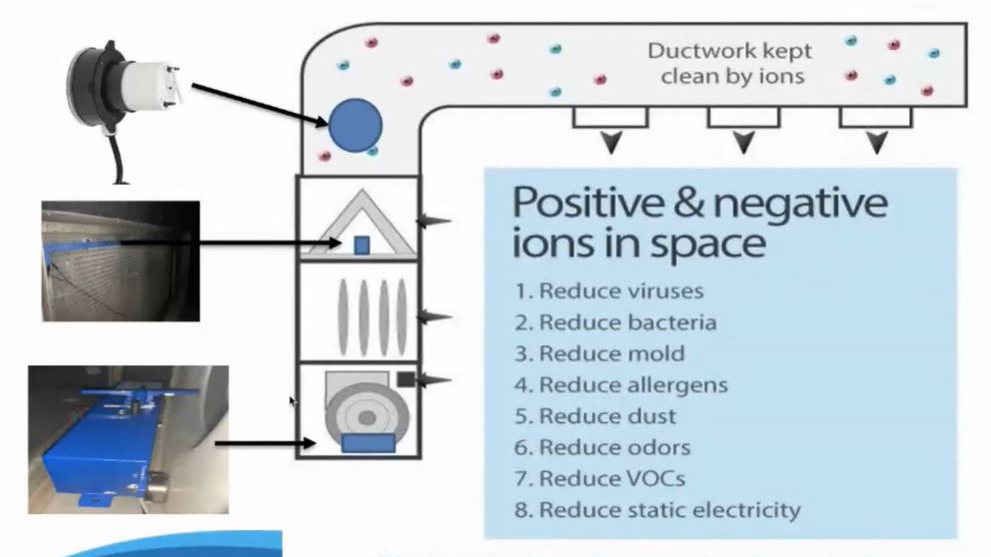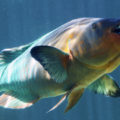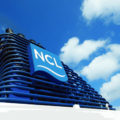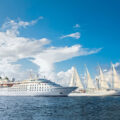
While there’s no silver bullet, cruise lines are focusing on clearing the air to defeat the spread of COVID-19 and other viruses on cruise ships.
In a virtual health and safety conference sponsored by cruise industry association Seatrade, an expert panel said enhanced surface cleaning remains important as cruise ships return to service, but improved filtration and technology to disable virus particles in the air is becoming a priority.
“From surface transfer, the science has shifted to aerosol transmission of virus,” as the way coronavirus spreads, said Gjis Streppel, head of ship theory for Meyer Werft Shipyard in Papenberg, Germany.
He added some reassuring news: a recent review of COVID-19 cases among passengers on the Diamond Princess in the spring of 2020 found that circulation of air between cabins by the heating and air conditioning system did not enhance a spread of infection. The studies collected by the American Society of Heating, Refrigerating and Air-Conditioning Engineers found that the cases on board occurred only in individuals who interacted prior to quarantine or passengers who were quarantined with someone already infected. None of the cases were in people who followed quarantine restrictions and were not previously infected.

Breathing rates affect the number of droplets expelled, so wherever there are large gatherings will be target areas for new ventilation technology on ships, said Charlie Waddell, chief technical officer of indoor air technology company Global Plasma Systems.
One particularly effective method that can be fitted into air systems uses an electrical device in ductwork. “Ionization helps reduce risk by using electrodes to generate positive and negatively charged particles that are attracted to virus particles like a heat seeking missile,” and can render them harmless, Waddell noted. Because it is electrostatically charged, the virus is either likely to fall out of the air or stick to filtration already installed in the HVAC system.

Increased filtration and duct ionization units are becoming standard on new ships and the standards for effectiveness on ships are higher than required for similar air systems on land, Streppel added. Many existing ships will have to be retrofitted, but an ionization system can be installed in a single day during a port stop.
“We should not forget that it’s a whole suite of protective measures we’re taking. It will still be very important for people to be vaccinated and wear their masks for the foreseeable future. As some cruise ships have already returned to service without outbreaks, it’s an indication that they work,” he concluded.






1 Trackback / Pingback
Comments are closed.